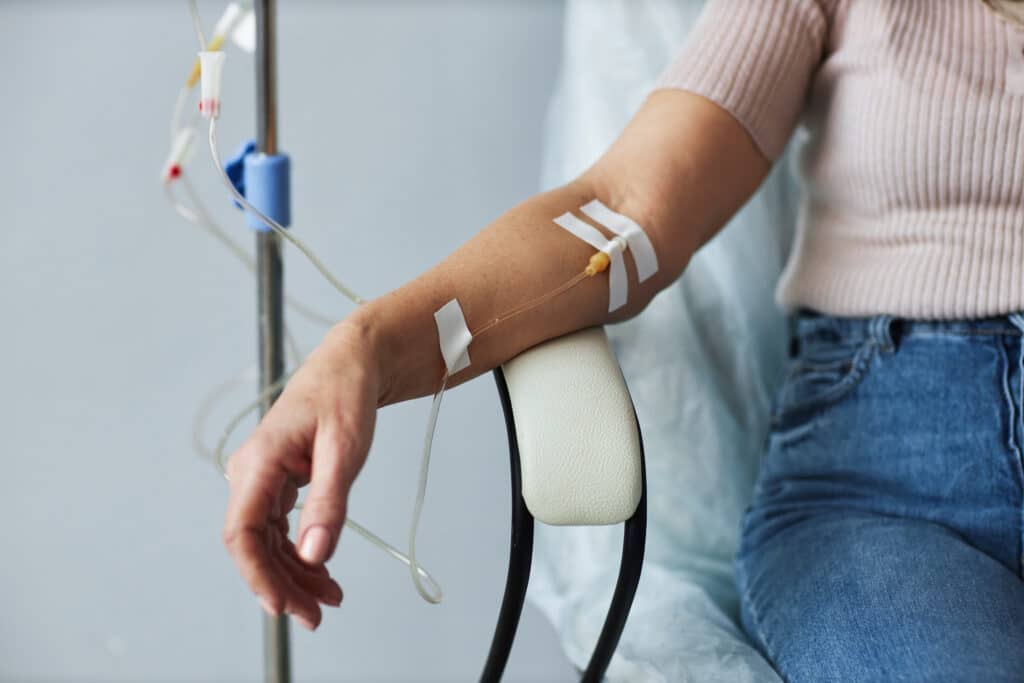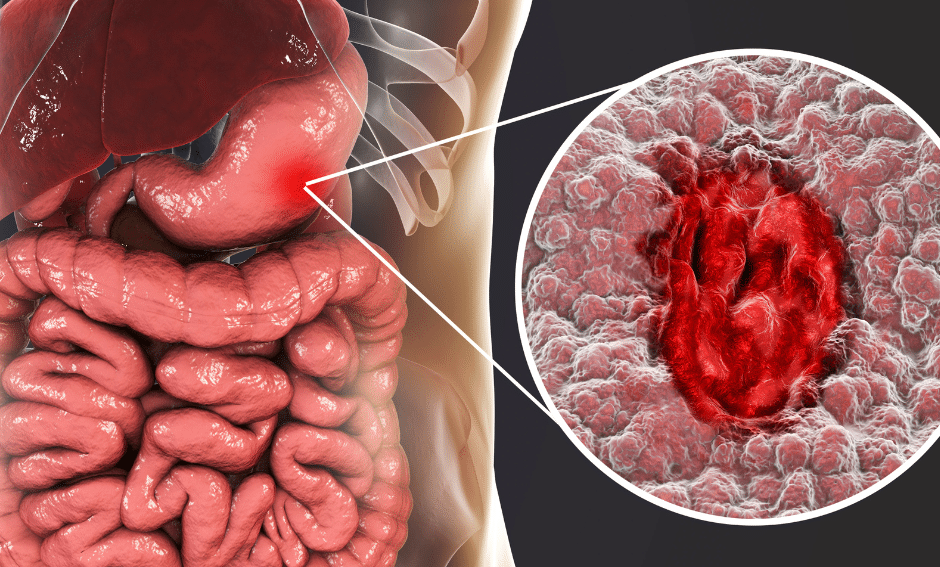The Do’s and Don’ts of Eating This Holiday Season
 The holiday season is officially upon us, complete with holiday food and cheer. While this time is well renowned for being “the most wonderful time of the year”, your digestive system might disagree. Rich and heavy foods can linger in your system for several days after holiday eating, leaving you sluggish. In addition to an uneasy stomach, the overindulging may cause an inflammatory response.
The holiday season is officially upon us, complete with holiday food and cheer. While this time is well renowned for being “the most wonderful time of the year”, your digestive system might disagree. Rich and heavy foods can linger in your system for several days after holiday eating, leaving you sluggish. In addition to an uneasy stomach, the overindulging may cause an inflammatory response.
With so many parties and festivities clogging up the calendar, you may find your digestive system constantly clogged, as well. Here are some ingestibles to enjoy (or avoid) in order to keep things moving for the holidays and your digestive health…
- Consume more complex carbohydrates, including:
- Black beans
- Carrots
- Parsnips
- Peas
- Squash
- Sweet potatoes
- Yams
These foods, packed with nutrients and fiber, will keep you feeling full. They will also give you long-lasting energy and help food move through your digestive tract in an effective manner.
- Keep your holiday foods zesty with flavor enhancers that double as natural digestive stimulants. These include:
- Cinnamon
- Fennel
- Cumin
- Garlic
- Ginger
- Nutmeg
- Onion
In addition to their stimulating properties, cinnamon and nutmeg aid in maintaining blood sugar levels to avoid those crazy post-holiday, late-night cravings. Ginger can also soothe an upset stomach if you’ve overdone it at dinner.
- Put that second helping of turkey down and increase your intake of fruits and veggies. Eating too much animal protein can be tough on your digestive system because it takes a lot of energy to digest. Eating a more plant-based meal will help clear out your digestive tract and ease the workload on your stomach while keeping your body’s energy levels up.
- Avoid foods that may also trigger reflux or an upset stomach due to high acidity, including:
- Soda
- Chocolate
- Coffee
- Mints
- While alcohol may be known as a digestive stimulant in some cases (e.g. drinking red wine promoting good gut bacteria), alcohol consumption should be limited to one or two drinks; excess consumption negates any health benefits the alcohol may have. In addition, if you do drink alcohol, be sure to have a glass of water in-between each beverage.Though it isn’t nearly as fun as alcohol, drinking plenty of water will keep you hydrated and your digestive tract running smoothly. If water doesn’t float your boat, jump into the spirit of Christmas by drinking some peppermint tea*. The volatile oils in peppermint have been known to:
- Keep food and air moving through the digestive system efficiently
- Relieve cramps and spasms in the gastrointestinal tract, bile duct and gallbladder
- Relieve pain related to irritable bowel syndrome (IBS)
* Note: if you have heartburn due to gastroesophageal reflux disease (GERD), avoid peppermint products. Peppermint can relax the muscle that closes off the stomach from the esophagus, allowing acid to flow back up and cause GERD-related heartburn.
When the Holidays Get to You
Sometimes, despite best efforts, your digestive tract can still take a beating during the holiday season. At Digestive Healthcare Center, our gastroenterologists are specialists in gastrointestinal distress due to diet or illness. We utilize the latest techniques and technology to effectively treat a wide array of acute and chronic gastroenterological conditions.
For more information or to schedule an appointment with one of our specialists, contact Digestive Healthcare Center today.
Make an Appointment for Comprehensive Digestive Care in NJ
At Digestive Healthcare Center, we want each patient at our three offices in New Jersey to feel confident about their digestive health. We encourage you to contact us today to make an appointment with one of our expert gastroenterologists – don’t wait to start putting your digestive health first!
Recent Blogs
Learn more about all things digestive health and wellness by checking out our recent gastroenterology blogs.

Infusion therapy has become a vital treatment option for individuals with Crohn’s disease, offering relief when traditional medications may fall short. This method delivers medication directly into the bloodstream, providing quicker and more targeted effects to help manage inflammation, reduce symptoms, and improve quality of life. For those with moderate to severe Crohn’s disease, infusion […]

The Advancement of Ulcerative Colitis Treatment Ulcerative colitis (UC) is a chronic inflammatory bowel disease (IBD) that affects the lining of the colon and rectum. Those diagnosed with UC often experience flare-ups that can significantly impact their quality of life. Fortunately, advancements in medical treatment have made managing this condition more achievable. One option is […]

Diverticular disease and diverticulitis are related digestive health conditions that affect the large intestine (colon). With diverticular disease, small, bulging pockets develop on the lining of the colon. When these pockets become inflamed or infected, the condition is called diverticulitis. They are very common – especially after age 40 – and rarely cause problems. At […]
























